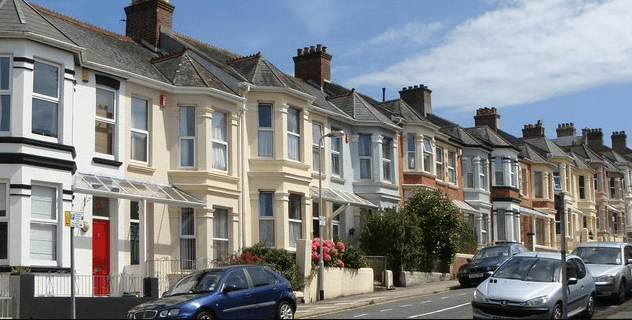UK house prices bounce back with 0.6% rise in July, sparking hopes of sustained market recovery
UK house prices have made a confident rebound, climbing 0.6% in July and reversing the 0.9% dip seen the month prior.
The figures, released by Nationwide Building Society, suggest a fresh burst of energy in the housing market, even as wider economic conditions remain uncertain.
The annual rate of house price growth also picked up speed, reaching 2.4%, up from 2.1% in June. With this, the average price of a UK home now sits at £272,664.
Affordability has seen a gradual improvement in recent months. Strong wage growth, a cooling in house price inflation, and slight mortgage rate drops are combining to offer some relief to buyers.
The typical UK home now costs around 5.75 times the average income, marking the most affordable level in over ten years.
Robert Gardner, Nationwide’s chief economist, said mortgage activity appears surprisingly stable despite shifts in the interest rate landscape.
“Looking through the volatility generated by the end of the stamp duty holiday, activity appears to be holding up well,” Mr Gardner said.
“Indeed, 64,200 mortgages for house purchase were approved in June, broadly in line with the pre-pandemic average.”
Although mortgage rates are still above the ultra-low levels of late 2021, they’ve eased from recent highs.
A typical five-year fixed mortgage now hovers at around 4.3% for borrowers with a 25% deposit, down sharply from the 5.7% peak in late 2023.
That drop is encouraging. Analysts believe that if the Bank of England goes ahead with an expected interest rate cut, borrowing conditions could improve further.
There are more signs of market momentum, too. Data from HM Revenue and Customs reveals a 13% rise in home sales in June compared to May, with approximately 93,530 transactions recorded. That’s also 1% higher than in June last year.
Lenders are adjusting their offers to meet shifting buyer demand. There’s been a noticeable uptick in low-deposit and even 100% mortgage options aimed at helping first-time buyers break into the market.
Recently, another report shed light on how this upward shift is part of a wider trend. It highlights more evidence of renewed confidence in the housing sector as July figures show stronger recovery signs.
And it doesn’t stop there. More buyers are opting for longer-term loans,30, 35, even 40 years, stretched beyond the usual 25-year benchmark to make monthly payments more manageable.
It’s a market in transition, with both hurdles and opportunities. First-time buyers still face challenges, but there’s growing optimism.
“Providing the broader economic recovery is maintained, housing market activity is likely to continue to strengthen gradually in the quarters ahead,” said Mr Gardner.
July’s rebound has boosted confidence. If the economic backdrop holds firm, the UK housing market could be on track for a steadier climb in the months ahead.






